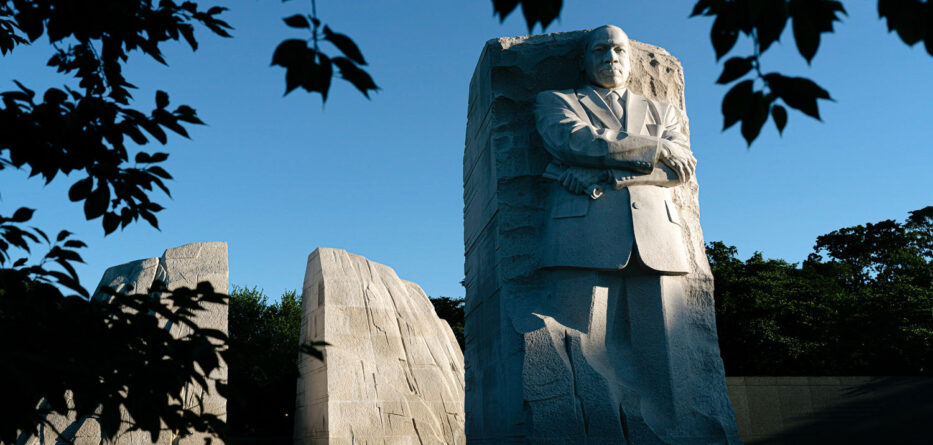On the occasion of the recent anniversary in honor of Martin Luther King, let’s talk about the Kellogg Foundation’s National Day of Racial Healing, which launched 7 years ago.
I confess that I was not familiar with the term, but I had the opportunity to participate in some of the activities related to the events of the current edition and I was impressed by how racial healing is transforming some communities.
The definition of racial healing is very simple: It is an opportunity for people of all races to connect to share relationships based on mutual understanding and respect, so that they can overcome prejudice and misunderstanding.
Racial healing can take the form of a simple conversation with friends, family, coworkers, or neighbors. Unknowingly, I did it myself many years ago at my children’s elementary school, where we organized an “international night” to exchange food, music and smiles.
That is the first step. Later, when we understand how the systems, structures, and institutions around us affect our daily lives and opportunities, we can work to change them.
I had the opportunity to interview the Foundation’s vice president, Carlos Rangel, for our Welcome to America program, and he gave me the example of the actions of a community in Kalamazoo, Michigan.
There, the Foundation’s community partners used racial healing processes to bring people together, telling stories about what life is like in the city. They realized that housing was a significant barrier to equal opportunity for many members of the community to prosper.
From that point on, they created a multiracial and interfaith coalition to change housing policies. They ended up being able to pass a Fair Housing Ordinance that made it illegal for landlords to deny housing to people with housing vouchers, who may have been previously evicted or had criminal records.
“Racism affects us all, regardless of our race or ancestry. The division, which is the harvest of that racism, impoverishes us all because it ends up affecting the community where we live in a very negative way,” Carlos Rangel told me.
Indeed, in 1966, the Reverend Martin Luther King wrote a telegram to Cesar Chaesarvez. In a few words, he told him that the struggles of blacks and Latinos were the same: a claim for freedom, dignity and humanity.
Racial healing is probably not the solution to all the problems of hate, discrimination, and structural and systemic racism that plague the world, but it can be a first step towards a better understanding of how prejudices are a negative burden and how there are more things that unite us than those that separate our communities. If you want to know more visit healourcommunities.org






